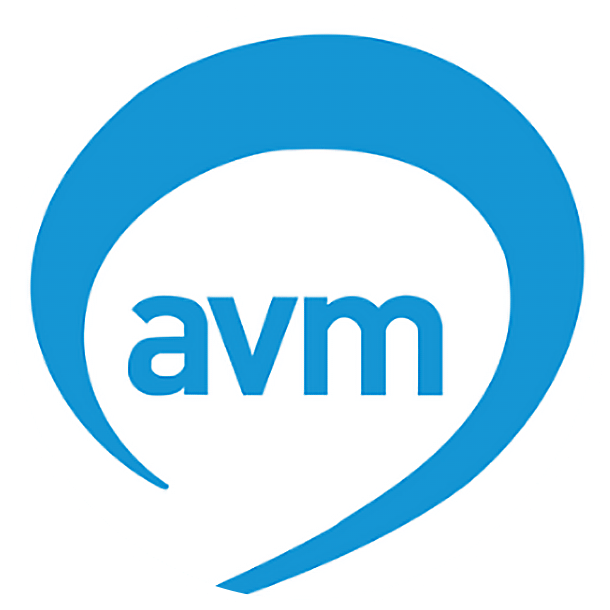Measuring performance is something all organisations are required to do. For volunteer managers this may be built into business plans. In this post, Felicity McLeister, Pro Bono O.R. Project Manager, looks at the challenging issue of how you actually measure performance and demonstrate the impact your volunteers have on your organisation and/or its beneficiaries.
Time is always a pressure, especially in the third sector and we are often under pressure to ‘do more with less’. Collating and analysing data, planning strategy, improving processes and measuring impact are areas in which you can measure performance. However these require time and in many cases specialist skills.
Having an outside perspective can be incredibly helpful but often not an option due to costs. The project I manage, Pro Bono O.R. (operational research), addresses these issues either by assisting volunteer managers directly or their organisation as a whole.
Pro Bono O.R. was launched by The OR Society in 2013. The scheme places volunteer analysts in short term projects that make operational improvements to third sector organisations across the UK.
Operational Research uses a scientific approach to improve an organisations effectiveness. Areas include: strategy, systems, processes, operations and decision-making.
Improving Performance Measurement
One charity Pro Bono O.R. worked with, found being a small organisation where everyone had to be flexible about their roles meant it was easy to get bogged down in daily operations and not devote enough time to strategy and growth.
The approach the volunteer analyst took was to begin by defining the key business processes. They then broke these down into key activities.
Staff were asked to identify how their time was spent against each of these activities. The resulting analysis revealed a mismatch between what the director felt was needed and how the team actually spent its time.
Several options were developed for restructuring roles and workloads. These options were presented to the trustees and a preferred option was selected.
The analysis of processes highlighted the need for a single CRM (customer relationship management) system which would replace having to manage four separate databases.
A cloud-based CRM solution was implemented and tailored to the trust’s requirements. It enabled them to eliminate data duplication and to create timely and accurate performance reports.
The solution was threefold:
- A review of business processes and analysis of how everyone in the team was spending their time.
- A redesign of roles and responsibilities to enable the director to focus her time on fundraising and strategy.
- Implementation of a CRM system with performance metrics and reporting.
The project had a number of benefits:
- By understanding where everyone spent their time, it became clear that the director was overloaded with operational matters that could be better dealt with by other team members.
- Freeing up the director’s time and restructuring everyone’s roles and responsibilities enabled the trust to focus its efforts more effectively on fundraising.
- The CRM system provided an effective way to manage relationships with donors and beneficiaries, and provided up-to-the-minute performance reports on fundraising
Often managers and teams may be operating at a level that is satisfactory. However, there is always room for improvement.
Having the time to dedicate to reviewing processes is often not a luxury afforded to volunteer managers or third sector organisations which may be lacking in both capacity and the specialist skills required.
Further information on Pro Bono O.R., including how to request support.






As a volunteer manager I can say that it is one of the toughest and interesting job where you will have to do a lot of things for volunteers and you can also earn lots of money doing it for another organization. It is a time taking job.